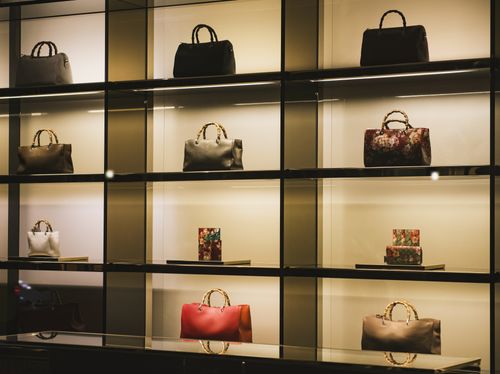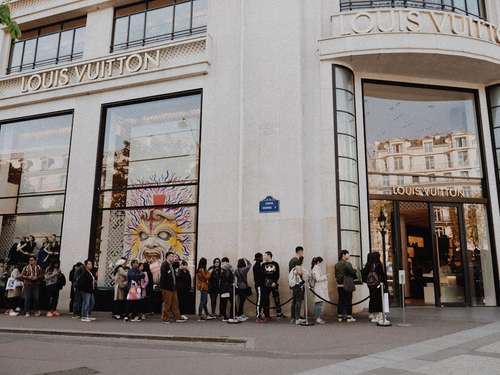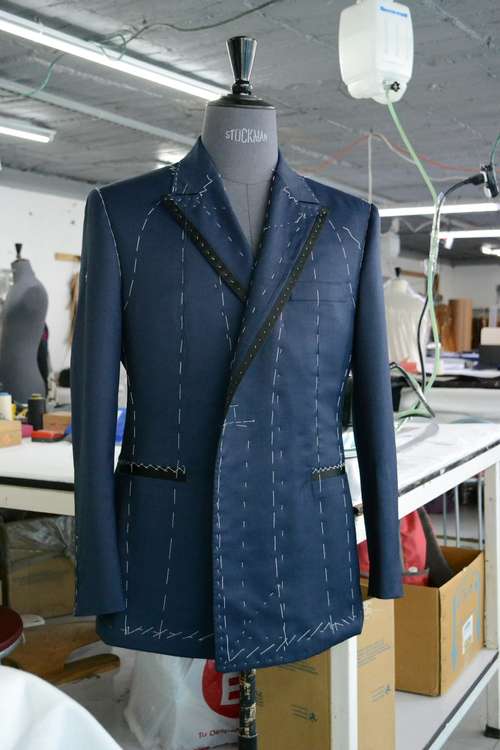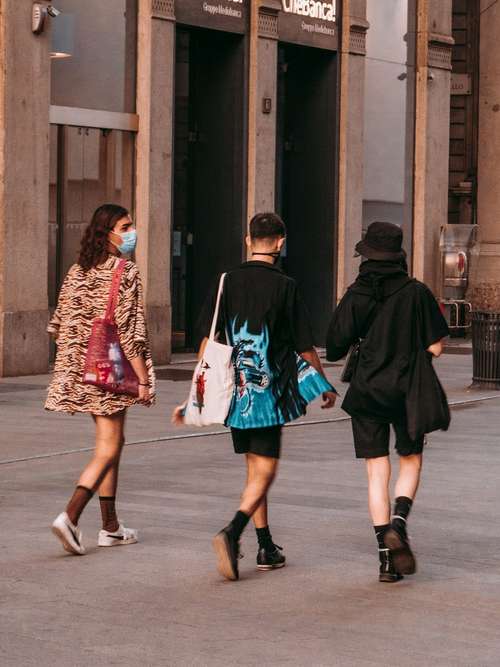As sales soar at cheap fashion stores, human rights advocates want Australia to catch up with other countries.
Brands like Shein and Temu are getting more popular in Australia, with millions of shoppers each month. But some people worry about how these brands treat workers.
The growing trend of Australians shopping at ultra-cheap stores, such as Shein and Temu, both Chinese brands, has raised concerns about the treatment of workers in the fashion industry.
There is increasing worry about the forced labor policy in the industry. At the same time, the European Union and the US have taken action by banning clothes produced using poor human rights practices.
Professor Justine Nolan, who heads the Australian Human Rights Institute at the University of New South Wales, recently discussed the issue of forced labor in the fashion industry on Nine Radio's 6PR.
She highlighted the importance of considering the ethical implications of fast fashion.
"They've got a shallow manufacturing base, low wages, and that way, they can undercut other brands, and some of these goods are coming from the backs of slaves," the professor pointed out.
Nolan brought attention to the issue of forced labor within the fashion industry, emphasizing that it negatively impacts both large and small brands.
She pointed out that certain companies exploit workers by paying them meager wages and subjecting them to poor working conditions to keep production costs down and sell clothes at a lower price point.
While this allows these companies to offer cheaper clothing than their counterparts, it comes at the expense of the workers' well-being in the manufacturing process.

Nolan points out that some garments are produced by individuals who are essentially working as enslaved people.
These workers receive meager pay and endure poor working conditions, allowing companies to sell their garments at low prices.
Since 2018, Australia has had a Modern Slavery Act. This law allows companies to discuss the risks of forced labor in the fashion industry.
Professor Justine Nolan believes that the current law could be more effective.
Although companies must disclose if they might be using unethical practices, the law does not compel them to make any changes.
Nolan argues that Australia's forced labor policy needs to be stricter, mentioning that "Australia has to catch up with the rest of the world."
While the Modern Slavery Act prompts companies to address the risks, it does not mandate them to take action.
She advocates for Australia to adopt a stance similar to other regions prohibiting the sale of clothing produced using forced labor.
"...Other regions have laws that ban the importation of these goods that have been made with forced labor," Nolan added.
Shein, a well-known clothing brand, has come under fire for its treatment of workers and its impact on the environment within its supply chain.
Nolan believes that Australia should take more significant action to address this issue. She advocates for implementing laws similar to those in other regions that prohibit the sale of clothes manufactured using forced labor.




